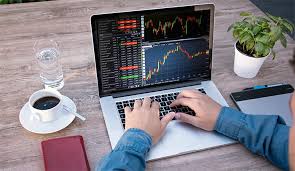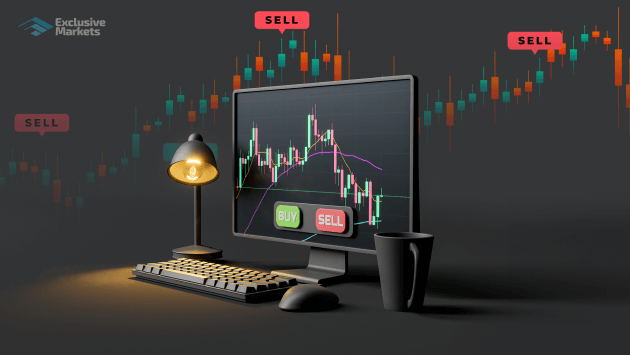
The Ultimate Guide to Forex Trading Training
If you’re looking to enhance your skills in Forex trading, you’re in the right place. A well-structured forex trading training Brokers Argentina trading training program is crucial for developing the knowledge and skills necessary to succeed in the fast-paced world of currency trading. Whether you are a beginner or looking to refine your existing skills, this guide will help you navigate the journey of Forex trading education.
Understanding Forex Trading
Forex, or foreign exchange trading, involves buying and selling currency pairs in a global decentralized market. It is the largest financial market in the world, with trillions of dollars traded daily. The key to succeeding in Forex trading lies in understanding market dynamics, technical and fundamental analysis, and developing a reliable trading strategy.
The Importance of Forex Trading Training
Forex trading is not just about luck; it requires a well-thought-out approach and thorough training. Here are several reasons why training is essential:
- Knowledge Acquisition: Training helps you understand the mechanics of the Forex market, including trading platforms, market analysis, and trading indicators.
- Risk Management: Proper training includes risk management techniques that protect your capital and enable you to trade confidently.
- Strategy Development: A comprehensive training program equips you with the skills to develop, test, and implement your trading strategies effectively.
- Psychological Preparedness: Training also addresses the psychological aspects of trading, ensuring you can handle the emotional ups and downs that come with currency trading.
Types of Forex Trading Training
Forex trading training can take various forms, each with its strengths and weaknesses. Here are the most common types:

1. Online Courses
Online Forex courses are accessible, often taught by experienced traders and educators. They cover a range of topics from the basics to advanced trading techniques. Select courses that provide extensive resources, community support, and practical trading simulations.
2. Webinars
Webinars often offer real-time interactions between instructors and learners, making it a more engaging learning experience. They usually focus on specific topics, providing a great opportunity for deeper understanding.
3. Mentorship Programs
Working with a mentor allows you to receive personalized guidance tailored to your trading style and goals. This one-on-one approach can massively accelerate your learning curve.
4. Trading Simulations
Many training programs include trading simulations that mimic real market conditions. These allow you to practice and apply your knowledge without risking real money, giving you the confidence to trade live.
Choosing the Right Training Program

With so many Forex trading training options available, selecting the right one can be daunting. Here are some factors to consider:
- Reputation: Research the backgrounds of the instructors and the program’s reviews to ensure you’re learning from credible sources.
- Curriculum: Examine the course content to make sure it covers all necessary aspects, from foundational concepts to advanced strategies.
- Support: Consider if the program provides access to additional resources, community discussions, or ongoing support.
- Cost: While quality education is critical, ensure you are getting value for your investment. Some programs can be quite expensive.
Effective Learning Strategies
Once you choose a training program, implementing effective learning strategies will help you absorb the material better. Here are some tips:
- Set Clear Goals: Establish what you want to achieve through your training—be it understanding the fundamentals, developing a strategy, or mastering technical analysis.
- Engage Actively: Participate in discussions, ask questions, and engage with other students. Active learning reinforces knowledge.
- Practice Regularly: Consistent practice through simulations or demo accounts helps solidify your learning and builds confidence.
- Track Your Progress: Keep a trading journal to document your trades, strategies, and results. This reflection can highlight areas for improvement.
Continuing Education in Forex Trading
The learning process doesn’t stop after completing a training program. Forex markets evolve, and keeping up-to-date with the latest trends, tools, and strategies is essential. Here are ways to continue your education:
- Follow Market News: Stay informed by following reputable financial news sources and analytical blogs.
- Participate in Workshops: Attend advanced workshops or seminars to deepen your knowledge on specific trading topics.
- Join Trading Communities: Engage with other traders through forums or social media groups, sharing insights, tips, and experiences.
Conclusion
Forex trading can be a rewarding endeavor, but proper training is key to achieving success. By committing to a strategic and comprehensive training program, you can develop the essential skills and knowledge required to navigate the Forex market confidently. Remember, trading is a journey of continuous learning and improvement, and with dedication, you can thrive in this dynamic financial landscape.